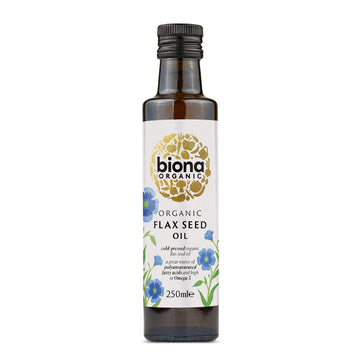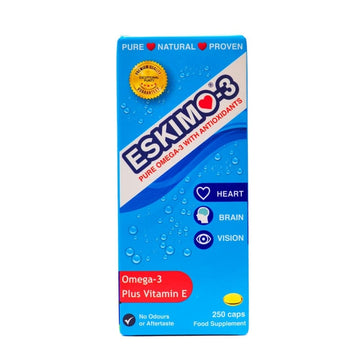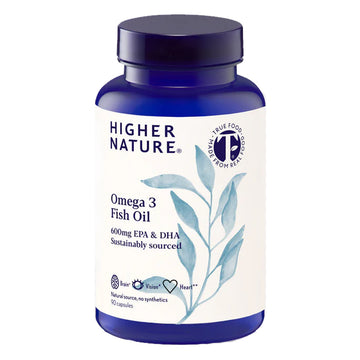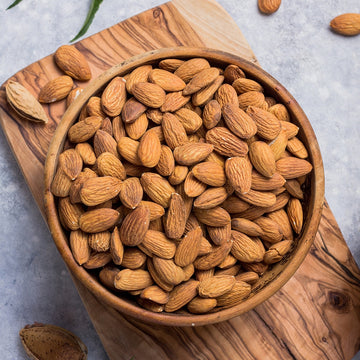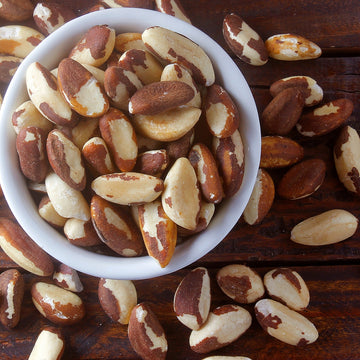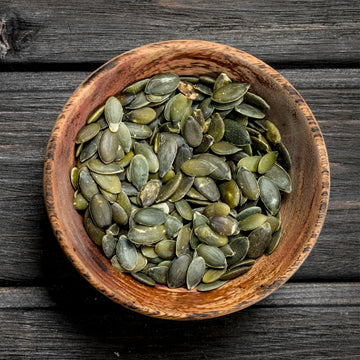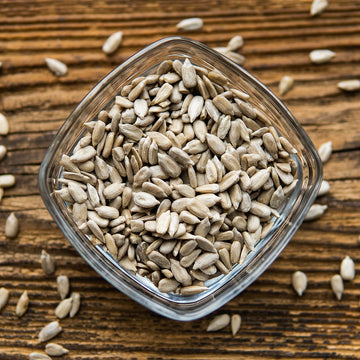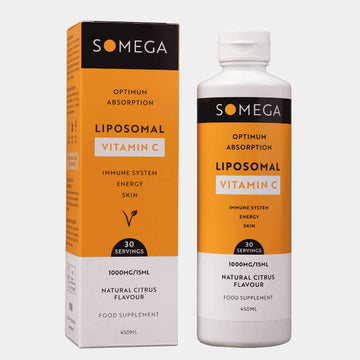We all know we should be eating a balanced and healthy diet. But psoriasis is one condition where food may have an impact on your condition. While there's no scientific evidence to prove it, health experts believe that a healthy balanced diet rich in certain foods such as anti-inflammatory foods can help psoriasis patients.
So while psoriasis isn't preventable (it's hereditary unfortunately), diet can potentially help you manage flare ups and reduce the severity of symptoms. We've outlined some of the best foods to eat for psoriasis below that may help you manage your condition.
What is Psoriasis?
Psoriasis is an autoimmune disease that happens when skin cells build up an accelerated pace. This chronic skin condition causes red, crusty, flaky patches covered with silvery scales. These patches are most common on joints like elbows and knees but can appear anywhere on the body.
Psoriasis and Lifestyle Changes
It’s accepted that a healthy diet consisting of plenty of fruits, vegetables, and whole grains is a good idea for everyone but it can really help those with psoriasis (we'll have more on the best foods to eat for psoriasis below). But there are certain lifestyle changes that can help too.
If you have psoriasis, it can be useful to make changes to your skincare routine, use supportive topical ointments, keep tabs on your stress levels, and maybe even supplement with the likes of Vitamin D, Selenium, and Omega Oils.
Avoid Psoriasis Triggers
Psoriasis patients can have triggers that set them off. If you do have psoriasis, you may find the following useful:
Keep a Food Journal
Individuals will have their own triggers, and you may need to keep a food journal for some time to discover these. Keep your diet as plain as possible and then map your skin’s reactions over a period of a few weeks. This will help you identify problem foods as you reintroduce them one at a time.
Avoid Inflammatory Foods
There are some inflammatory food types that will affect the majority of people (even those without psoriasis) when eaten in excess. This includes processed and sugary foods, dairy, fatty red meat, and alcohol.
Watch Your Alcohol Intake
Although the link between alcohol and psoriasis isn't clear, experts say if you drink, be moderate. There are studies which have shown that men who drink in excess may not respond to psoriasis treatments as effectively. Some research suggests that people who have psoriasis and drink heavily may find that their skin gets better when they stop.
The Best Foods to Eat for Psoriasis: Incorporate Goodness
Wondering what are the best foods to eat for psoriasis? A healthy balanced diet is key, including some of these antioxidant rich foods and anti-inflammatory foods on your plate.
Opt for Anti-Inflammatory Foods
Psoriasis is auto-immune and inflammatory condition. More research is needed but studies suggest that eating anti-inflammatory foods may help you to manage your psoriasis. Since anti-inflammatory foods are generally healthy, it doesn’t hurt to give them a try.
These types of foods include various fruits (especially berries) and vegetables (leafy greens in particular). Omega-3 rich oily fish and the good fats found in nuts and seeds are also ideal.
Include Antioxidants in Your Diet
It is thought that antioxidants, like vitamin C, vitamin E, beta-carotene, and selenium, may make a difference.
- Vitamin C rich foods include fruit and vegetables such as citrus fruits, peppers and strawberries.
- If you're looking to get a vitamin E fix, opt for plant-based oils, nuts, seeds and fruits and veg like peppers and avocados.
- Good sources of beta-carotene include dark leafy greens like kale and spinach, carrots, sweet potatoes and butternut squash.
- To add more selenium to your diet, go for the likes of Brazil nuts, fish such as yellowfin tuna, oysters, beef, turkey, chicken and pork.
Stay at a Healthy Weight
Studies suggest that there may be a link between psoriasis and being overweight or obese, with symptoms thought to be worse. Staying at a healthy weight is a good idea for everyone but it is very important if you have psoriasis, as research states that losing some pounds can make a difference to your skin if you suffer with psoriasis. This is because fat cells make certain proteins that could trigger inflammation and make the condition worse.
Please note, this blog is for informational purposes only and should not replace medical advice.
It’s always best to consult your doctor before taking any new supplements, treatments or remedies if you are pregnant, breastfeeding or on medication.
Checked and updated: 1 September 2021



